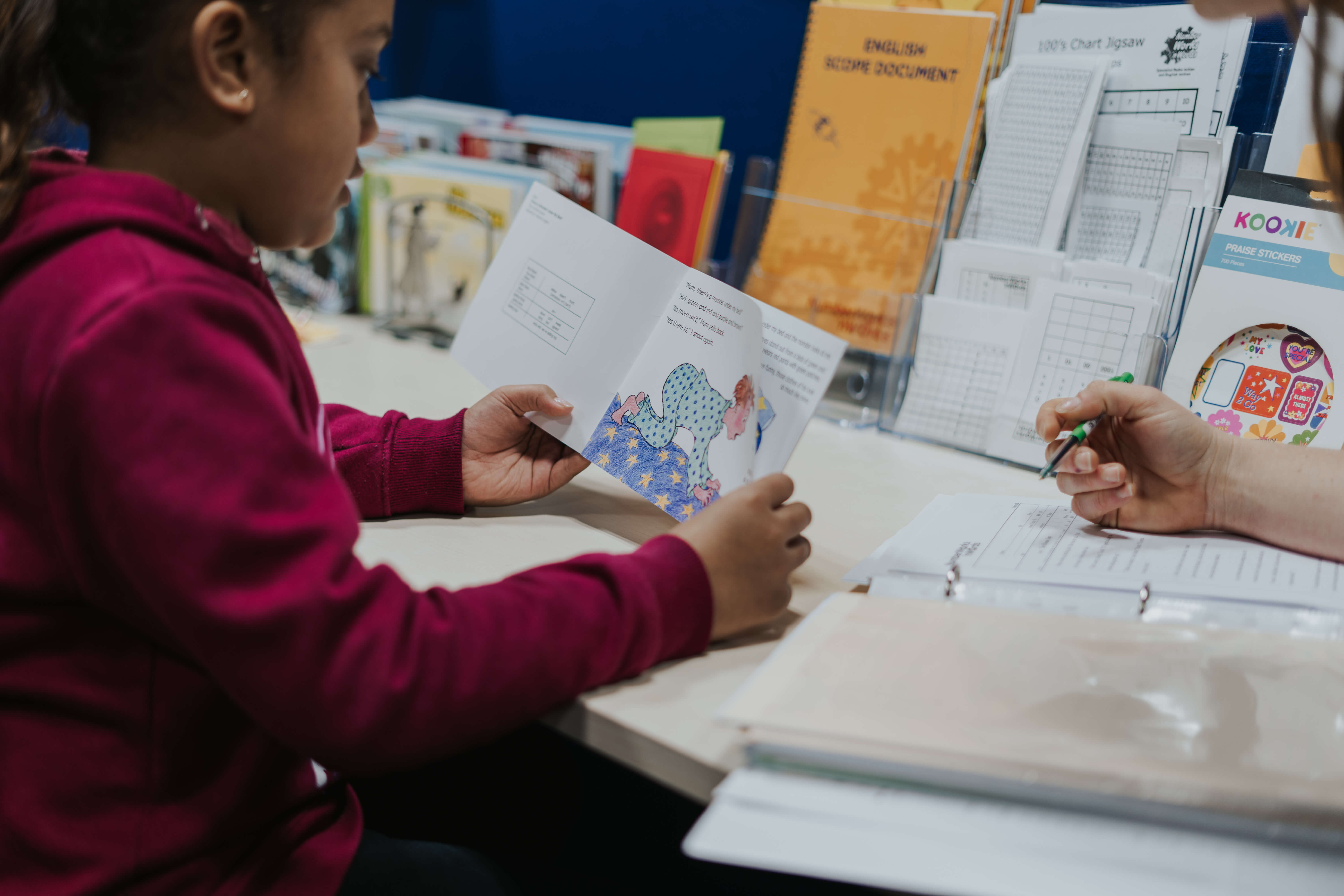4 ways to use positive reinforcements for motivating children
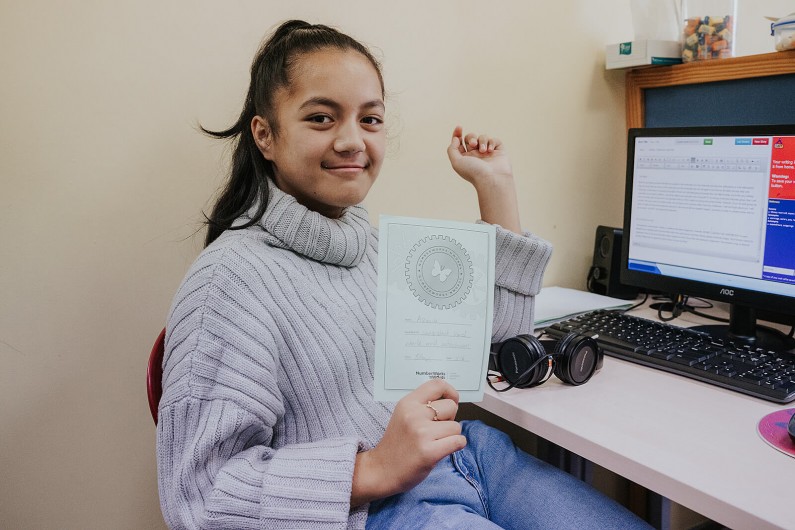
Positive reinforcements can be an effective method for intrinsically motivating children to learn. There are different types of reinforcement, such as positive reinforcement, negative reinforcement, and punishment. Parents and teachers often see fast results using positive reinforcement, as students are more likely to repeat a rewarded behaviour than stop a punished one when used correctly. Positive reinforcements can include non-verbal cues, verbal praise, tangible rewards, activities and group awards. Using these methods can result in the desired response becoming habitual very quickly!
Read on to learn about the most beneficial positive reinforcements for motivating learners.
1. Reward positive learning behaviour at the time
Timely positive reinforcement is essential to help children build positive learning habits.
It’s important to reward the learning behaviour immediately, or they may not cement the connection between the praise and actions. Intermittent and frequent reinforcement is best so that the child doesn't only do this action to gain rewards. Small rewards such as stickers or tokens are enough to reward great learning habits like staying on track or high enthusiasm. It’s essential to start with the level they are at - if they can stay on task for 5 minutes, praise this at this time, then build this up by encouraging them to stay on task for longer.
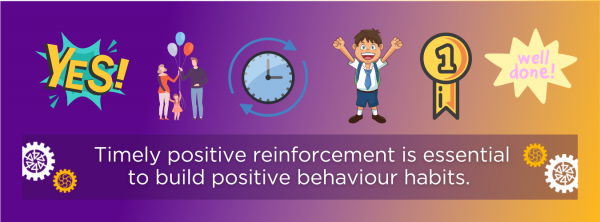
2. Maintain a 4:1 ratio
Maintaining at least a 4:1 ratio of positive versus corrective reinforcement helps keep children motivated and happy and builds learning confidence. Using positive reinforcements regularly will ensure that students actively enjoy being present and learning, and are enthusiastic about the process. When positive reinforcement is used, students are more motivated.
It's critical to avoid unintentionally reinforcing negative behaviour by giving in. If a parent tells a child they can't go outside, but the child begs until the parent caves, they learn that whining gets them what they want, which encourages them to whine again in the future!
To maintain a high ratio of positive praise it’s beneficial to create extra opportunities for celebrating success. They could stay on track for 5 minutes before praising and building on that effort for longer.
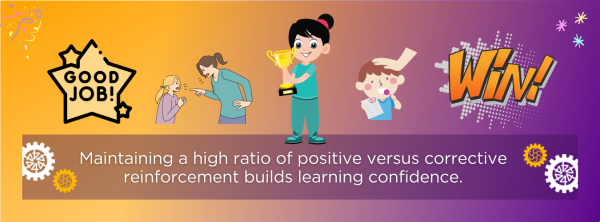
3. Reward systems
Because humans are inherently competitive, incorporating reward systems is an effective way to recognise top learners. Having competitive measures in a learning environment also enables accomplishments to be celebrated. Star charts are a great way to reinforce positive behaviours at home, school and at extracurricular activities. We have visual reward systems at NumberWorks'nWords to keep the kids interested and ambitious. Positive reinforcement fosters a stronger enjoyment for learning, sense of community and confidence in the classroom.
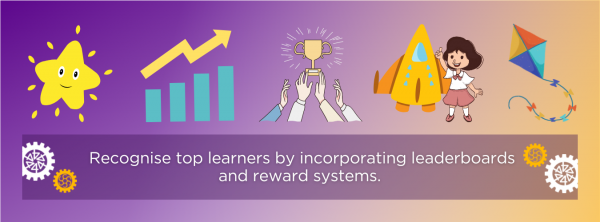
4. Keep things personalised
It is critical to understand how different children or groups receive praise. One method may or may not work for your children. For example, if a child has low self-esteem or a low opinion of themselves, they may not naturally be able to receive praise and need careful consideration to ensure that the praise you are delivering works best for them.
Be mindful of when and how you deliver reinforcement. Younger students, for example, may enjoy receiving praise that all other students can hear, whereas older students may prefer to receive positive feedback quietly, such as through a sign, gesture, or note. They may even believe that receiving verbal praise from the rest of the class is a negative consequence.
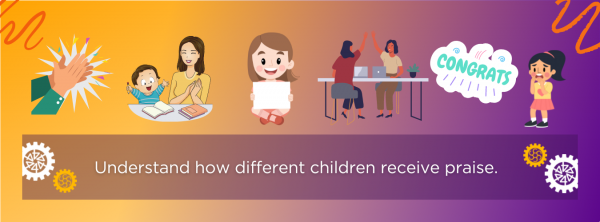
Overall, reinforcing positive behaviours in a timely manner, using positive versus corrective techniques, personalising praise to the child or age group and using reward systems can have hugely beneficial results for your child. At NumberWorks'nWords, we offer fantastic maths and English tuition that suits all types of learners. Our tuition covers essential skills such as reading, comprehension, language, and maths for children aged 5-16 where we focus on reinforcing positive learning behaviours and motivating children. If you would like to learn more about our after-school tuition, get in touch with your local centre, and book a free assessment!



